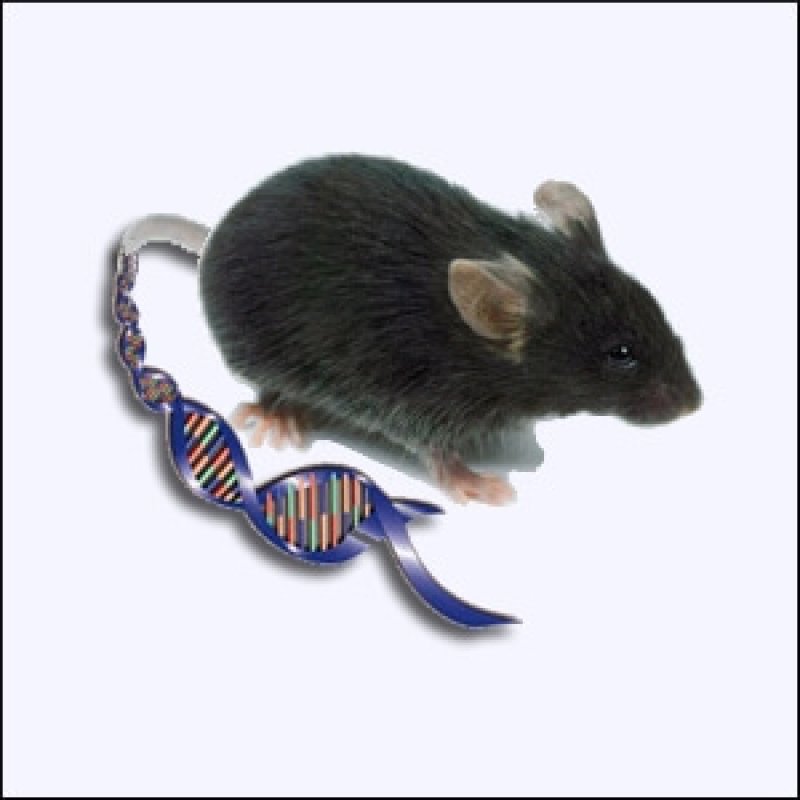The GLP aggregated and excerpted this blog/article to reflect the diversity of news, opinion and analysis.
A revolutionary technology known as “gene drive,” which for the first time gives humans the power to alter or perhaps eliminate entire populations of organisms in the wild, has stirred both excitement and fear since scientists proposed a means to construct it two years ago.
Scientists dream of deploying gene drive, for example, to wipe out malaria-carrying mosquitoes that cause the deaths of 300,000 African children each year, or invasive rodents that damage island ecosystems. But some experts have warned that the technique could lead to unforeseen harm to the environment. Some scientists have called on the federal government to regulate it, and some environmental watchdogs have called for a moratorium.
The National Academies of Sciences, Engineering and Medicine, the premier advisory group for the federal government on scientific matters, has now endorsed continued research on the technology, concluding after nearly a yearlong study that while it poses risks, its possible benefits make it crucial to pursue.
Read full, original post: Panel Endorses ‘Gene Drive’ Technology That Can Alter Entire Species































